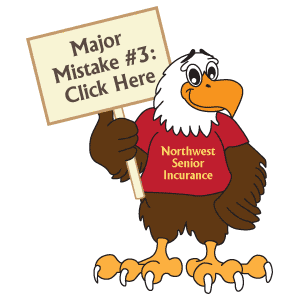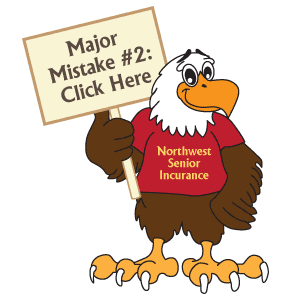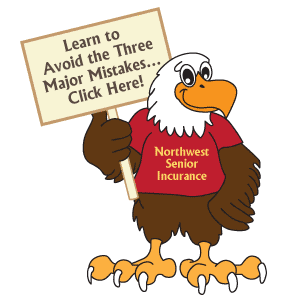What to look for when shopping for an agent:
- Look for one that is knowledgeable about his subject. You can ascertain this by looking at the contents of his website, his newsletters, his seminar information, and any information he provides to you.
- Choose an agent that works with a large number of Medicare supplement companies. Usually, the more the better.
- Look for an agent that is patient with you and is willing to take the time to explain things to you in an understandable manner.
- Look for the agent that is willing to put everything on the table, including any downsides to any plan that he is discussing.
- Go with an agent that you feel comfortable with and demonstrates ethics in his practice.
- Look for an agent that you perceive cares about you, your situation, and will be there year after year to continue to guide you through the Medicare maze.
- Look for the agent that makes it easy for you to get in contact with him.
- Go with an agent that gives you sound reason or basis for making a particular decision.
- As always, testimonials or references never hurt.
Avoid these kinds of people:
- Agents that disparage another company, especially by making any hint or innuendo that they may not pay their claims or will go out of business. Those agents don’t have that particular company in their briefcase, so they attempt to drive a wedge between you and that particular company. They suggest that you pay a higher premium for no reason at all other than for them to make the sale. Agents like these also tend to badmouth other agents.
- Agents that are single company agents or SCA’s. For more background, please refer to my online document, Dishonest Tricks of Unethical agents #6.
- There are exceptions, but usually it’s best to avoid agents in big box stores. Too many people have gotten bad advice or made hasty decisions only to regret it later. A good agent will offer to meet with you later in a quiet place. He will not be in a hurry!
- Agents that pander to you.
- Avoid property and casualty insurance agents. Their specialty is auto and home coverage, crop insurance, or commercial lines, but they do not specialize with Medicare products. They may carry a company or two, but usually that’s about it. Do you see your urologist when you have a heart problem? Probably not. Unless you want to pay more than you need to, don’t fall for their “let’s get it all under one roof” company line.
- When pressed, agents that can give no reason or basis for a particular recommendation other than to say, “I think it’s a good idea, or this is a good one”.
- The commission chasers. This is very common. Agents will pass up showing you a more competitive plan because it doesn’t pay as much commission compared to a more expensive one. Please refer to Dishonest Tricks of Unethical agents #1 and 2 for more information.
- Agents that appear to be uninformed, make off-the-wall statements, or make erroneous assertions. Likewise, be very wary of agents that make vague or unsubstantiated statements.
In conclusion, finding a professional agent helps you to not only avoid Major Mistake #3, but also to avoid the first two Major Mistakes.
Selecting a new policy or changing to a different one doesn’t have to be a scary process. A good agent will hold your hand and walk you through the entire process step by step. The result will be that you will have the confidence that you made the right decision and ended up with the right policy or plan. If you are replacing your existing Medicare supplement, you will have the peace of mind that your new plan is every bit as much as the one you have, but you will be paying less money.










